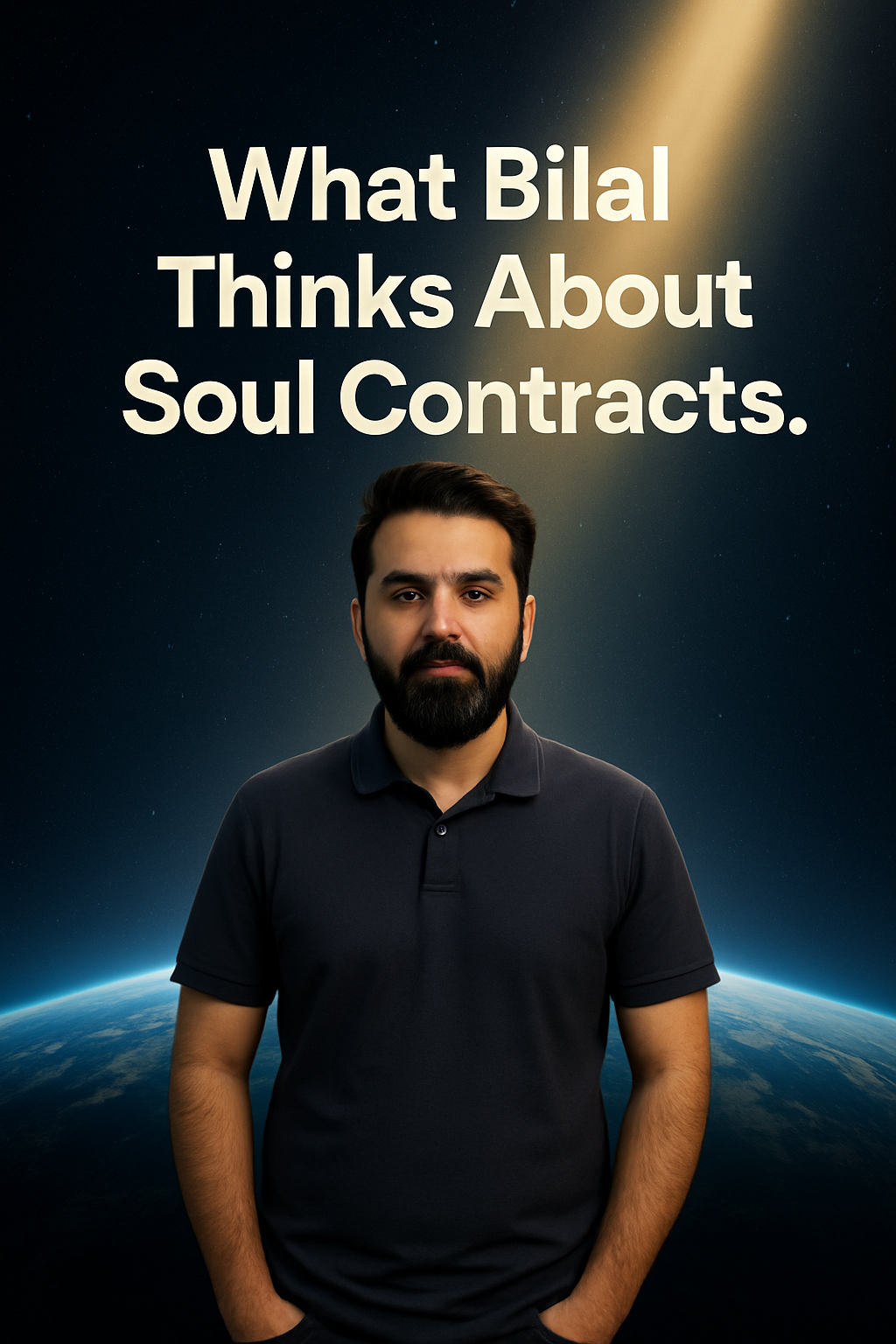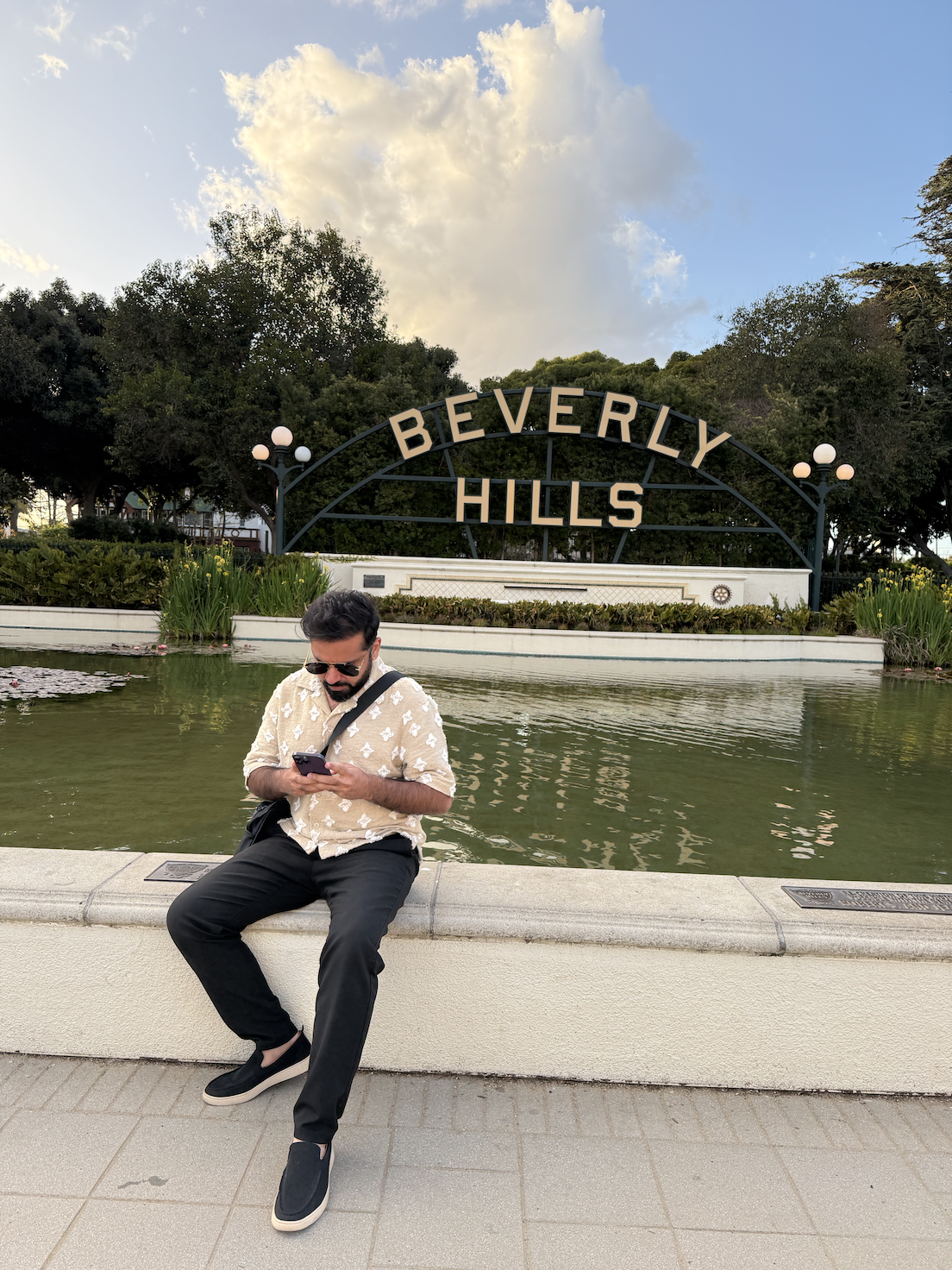
🕊️ Islamic Perspective on the Soul and Pre-Birth Existence
In Islamic theology, it’s believed that all human souls were created by Allah before their physical embodiment. This concept is rooted in the Quranic verse:IslamQA
“And [mention] when your Lord took from the children of Adam—from their loins—their descendants and made them testify of themselves, [saying to them], ‘Am I not your Lord?’ They said, ‘Yes, we have testified.’”
— Surah Al-A’raf (7:172)Wikipedia+1Islam Stack Exchange+1
This event, known as the “Primordial Covenant,” signifies that souls acknowledged Allah’s lordship before entering the physical realm.Wikipedia
Additionally, Islamic teachings suggest that the soul (ruh) is breathed into the fetus at around 120 days (approximately four months) after conception, marking the point at which the fetus becomes a living being with a soul. This belief influences various aspects of Islamic jurisprudence and ethics concerning prenatal life.Petrie-Flom Center+1About Islam+1
🧠 Scientific Insights into Consciousness Before Birth
Modern neuroscience has explored the development of consciousness in fetuses. Studies indicate that by the third trimester, fetuses exhibit responses to external stimuli, such as sounds and light, suggesting a level of sensory awareness. However, whether this constitutes consciousness akin to postnatal experience remains a subject of debate.
Research has shown that the thalamocortical connections, essential for consciousness, begin to form around the 26th week of gestation. This development may allow for rudimentary forms of awareness, although the extent and nature of fetal consciousness are still not fully understood.New York University
🌈 Understanding the Human Aura
The concept of the human aura pertains to a field of subtle, luminous radiation surrounding a person, often associated with their energy or spiritual state. While not scientifically substantiated, many spiritual and holistic traditions describe the aura as comprising multiple layers, each corresponding to different aspects of the individual’s physical, emotional, mental, and spiritual well-being.
Practices such as meditation, energy healing, and certain forms of alternative medicine aim to balance or cleanse the aura, promoting overall harmony and health. These concepts, while metaphysical, are integral to various cultural and spiritual frameworks.
🧭 Philosophical Perspectives on Consciousness and Existence
Philosophers have long grappled with the nature of consciousness and its origins. Some, like Daniel Dennett, argue that consciousness arises from complex computational processes within the brain, suggesting a materialistic basis. Others, such as Thomas Nagel, contend that subjective experience cannot be fully explained by physical processes alone, implying that consciousness may be a fundamental aspect of the universe.newyorker.comnewyorker.com
These philosophical debates highlight the complexity of understanding consciousness, bridging the gap between empirical science and existential inquiry.

Leave a Reply